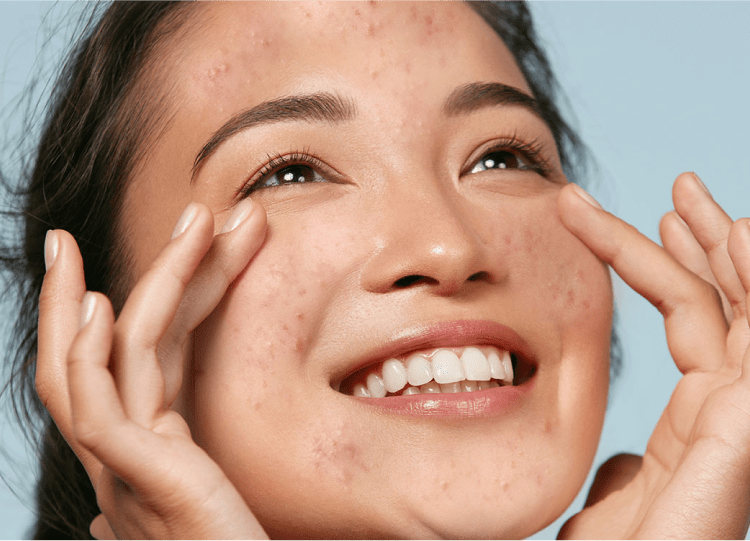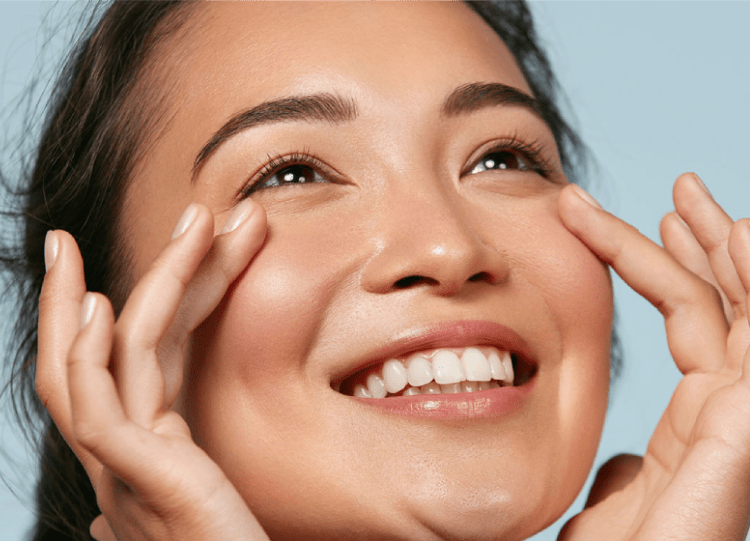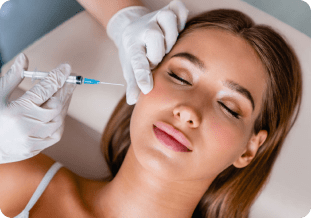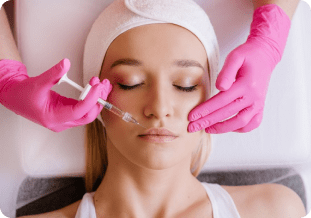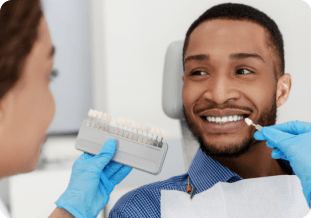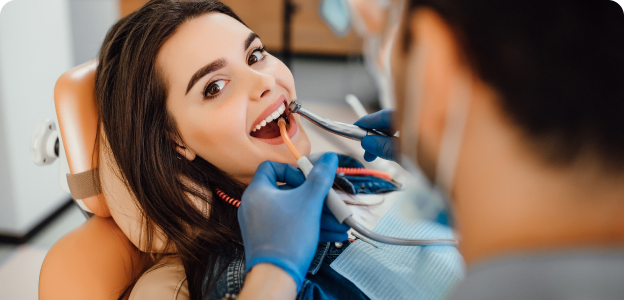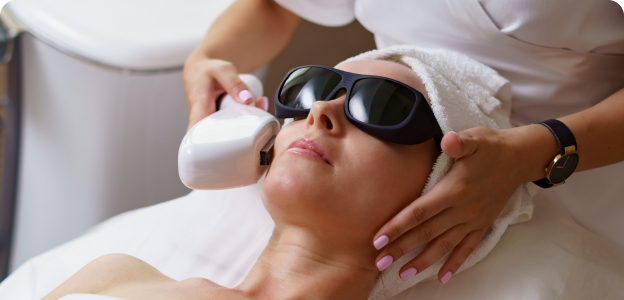Psoriasis is an immune-mediated disease that affects the skin. It is typically a lifelong condition. There is currently no cure, but various treatments can help to control the symptoms.
Psoriasis occurs when the immune system mistakes a normal skin cell for a pathogen, and sends out faulty signals that cause overproduction of new skin cells. Psoriasis is not contagious. However, psoriasis has been linked to an increased risk of stroke, and treating high blood lipid levels may lead to improvement. There are five types of psoriasis: plaque, guttate, inverse, pustular, and erythrodermic. The most common form, plaque psoriasis, is commonly seen as red and white hues of scaly patches appearing on the top first layer of the epidermis (skin). Some patients, though, have no dermatological signs or symptoms.
In plaque psoriasis, skin rapidly accumulates at these sites, which gives it a silvery-white appearance. Plaques frequently occur on the skin of the elbows and knees, but can affect any area, including the scalp, palms of hands and soles of feet, and genitals. In contrast to eczema, psoriasis is more likely to be found on the outer side of the joint.
The disorder is a chronic recurring condition that varies in severity from minor localized patches to complete body coverage. Fingernails and toenails are frequently affected (psoriatic nail dystrophy) and can be seen as an isolated sign. Psoriasis can also cause inflammation of the joints, which is known as psoriatic arthritis. Between 10% and 30% of all people with psoriasis also have psoriatic arthritis.
The cause of psoriasis is not fully understood, but it is believed to have a genetic component and local psoriatic changes can be triggered by an injury to the skin known as the Koebner phenomenon. Various environmental factors have been suggested as aggravating to psoriasis, including oxidative stress, stress, withdrawal of systemic corticosteroid, as well as other environmental factors, but few have shown statistical significance.There are many treatments available, but because of its chronic recurrent nature, psoriasis is a challenge to treat. Withdrawal of corticosteroids (topical steroid cream) can aggravate the condition due to the ‘rebound effect’ of corticosteroids.
What Our Customers are saying
Treatments
Lorem ipsum dolor sit amet, consectetur adipiscing elit. Donec in efficitur urna. Sed ornare, arcu eget volutpat luctus, erat felis consectetur massa, viverra ultrices felis metus in ligula
Latest News
Lorem ipsum dolor sit amet, consectetur adipiscing elit. Donec in efficitur urna. Sed ornare, arcu eget volutpat luctus, erat felis consectetur massa, viverra ultrices felis metus in ligula
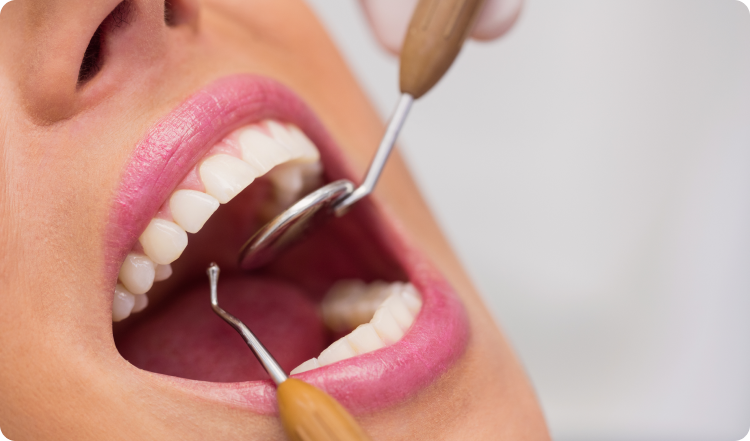
- Dentistry Services (Cardiff Bay Dental)
Luscious lips and Kylie Jenner, lets find out more about trends in Manchester
More and more women are opting for more luscious lips and ITV starting their new ITVBe channel providing insights into lives involving cosmetic treatment use, we have managed to catch up with Dr Vik at Dermaskin Manchester to ask what he thinks about the increase in use
View More
- Dentistry Services (Cardiff Bay Dental)
Perfect Smiles All Around With Powerprox Braces at Dermaskin Cardiff
Powerprox Is a clear brace that is designed to move the front 6-8 teeth to give you that beautiful smile you have been dreaming of.
View More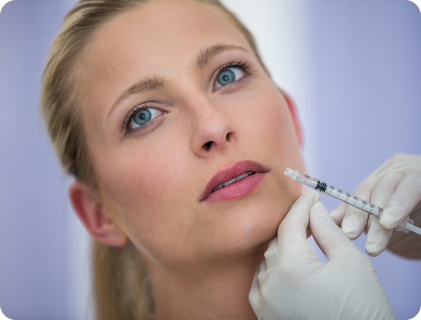
- Botox
Dermaskin Clinic Warns Against Rogue Botox Practitioners
DermaSkin Clinic’s Dr. Sid Gautam, a leading cosmetic and Botox provider warns patients to be vigilant against unauthorized traders. Cardiff, March 2009 – “We are trying to make Botox more accessible for
View More